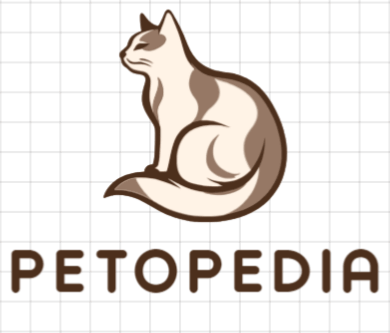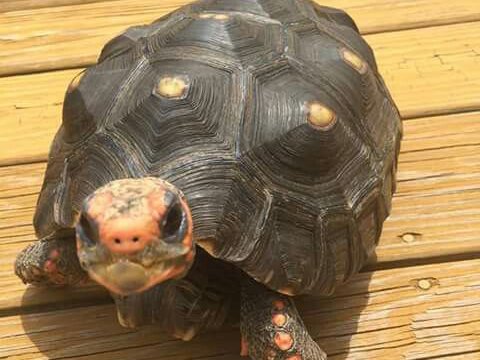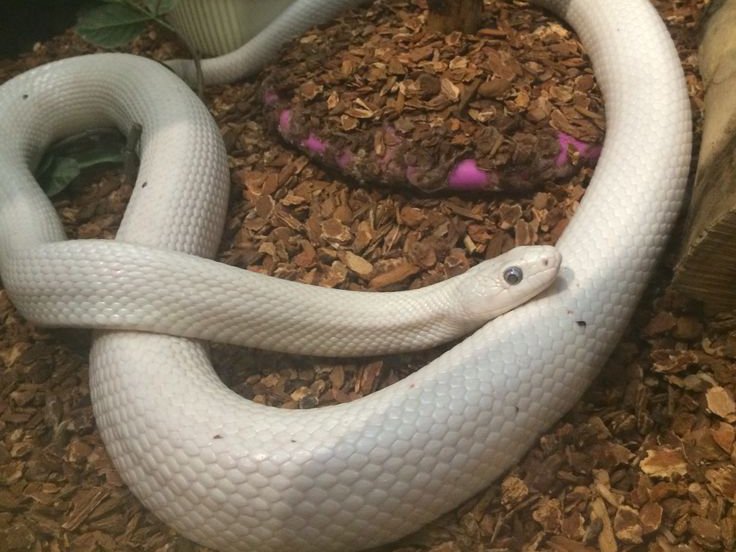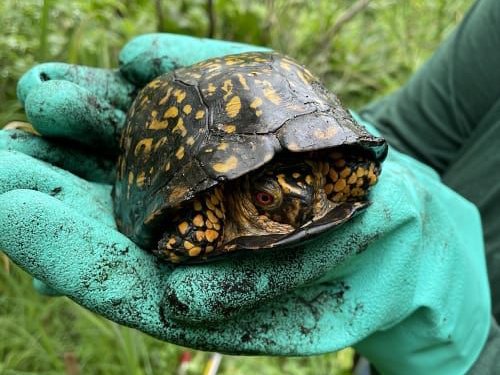The Red-Footed Tortoise (Chelonoidis carbonarius) is a popular pet among reptile keepers thanks to its beautiful markings, curious personality, and manageable size. Native to South America, this tropical tortoise needs a warm, humid environment and a balanced diet to stay healthy. In this complete care guide, you’ll learn everything you need to know about Red-Footed Tortoise care, including housing, temperature, diet, and more.
Physical Traits
-
Size: Adult Red-Footed Tortoises grow to around 11–14 inches, with some reaching up to 16 inches.
-
Weight: They typically weigh between 15–25 pounds.
-
Lifespan: With proper care, they can live for 50 years or more.
-
Appearance: Their shell is dark brown or black with lighter yellowish or reddish centers, and they get their name from the bright red or orange scales on their legs and head.
Natural Habitat
Red-Footed Tortoises come from tropical forests and grasslands in countries like Brazil, Colombia, Venezuela, and surrounding areas. Their natural environment is humid, warm, and full of vegetation.

Enclosure & Habitat Setup
Indoor Enclosure
-
Use a large tortoise table or plastic tub (at least 8 sq. ft for one adult).
-
Substrate: Coconut coir, cypress mulch, or organic soil that retains moisture.
-
Provide hiding spots, logs, and shallow water dishes for soaking.
Outdoor Enclosure
-
If you live in a warm climate, a secure outdoor pen is ideal.
-
Protect them from predators and offer shaded, humid areas.
Temperature & Humidity
-
Daytime temps: 80–90°F (27–32°C)
-
Basking spot: 95°F (35°C)
-
Night temps: Not below 70°F (21°C)
-
Humidity: Keep at 60–80%; mist the enclosure daily and provide damp hiding areas.
Lighting
-
Provide UVB lighting for 10–12 hours a day.
-
This helps with calcium absorption and shell health.
Diet
Red-Footed Tortoises are omnivores, and their diet should be varied:
-
Greens & veggies: Collard greens, dandelion, squash, and bell pepper
-
Fruits (10–15%): Papaya, mango, berries, melon
-
Protein (occasionally): Earthworms, boiled egg, or commercial tortoise food
Always offer calcium supplements and fresh water daily.
Common Health Tips
-
Watch for signs of respiratory infections (wheezing, bubbles near nose).
-
Keep their shell dry but the environment humid.
-
Regular vet checkups help prevent parasites and nutritional issues.
Final Thoughts
The Red-Footed Tortoise is a hardy and social species that can thrive for decades with proper care. By maintaining the right temperature, humidity, and diet, you’ll ensure your tortoise lives a long, healthy life.
Learn More: wildlifehub.xyz



